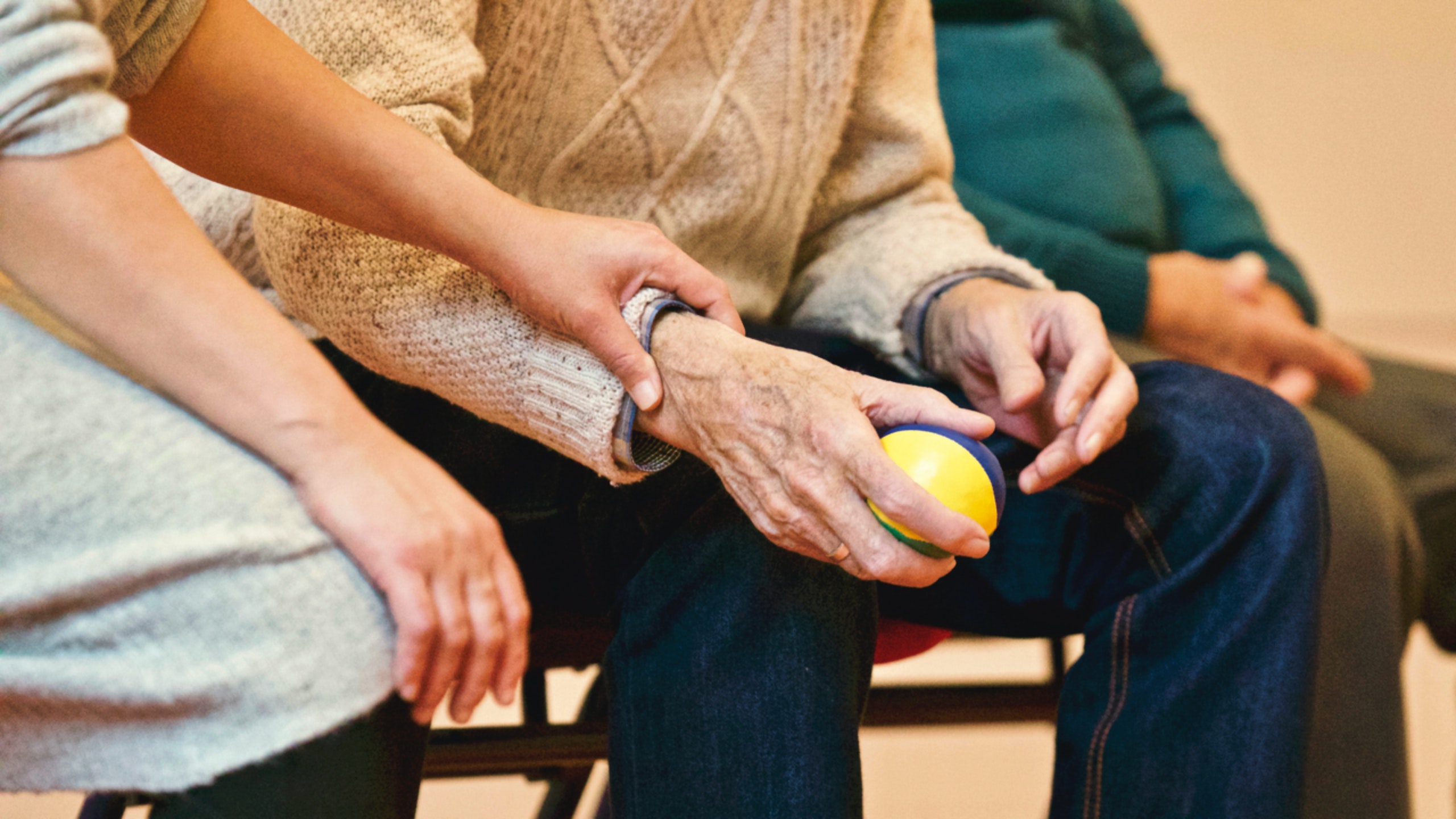Dignity, in general, is hard to define, but what is clear is that people know when they have not been treated with dignity and respect. Dignity covers all aspects of daily life, including respect, privacy, and autonomy, and is a basic human right. Dignity is about interpersonal behaviours, as well as systems and processes, and I believe that when people are treated with dignity and respect they become empowered, giving them a sense of self-worth and fulfilment in their everyday lives.
I was asked to be a Dignity Champion by my Manager and after visiting the Dignity in Care website and reading their mission statement, I knew that taking on this role was right for me. As care workers, every member of the Independent Living Assistant (ILA) team has previously worked in stressful environments; including understaffed dementia homes or on busy hospital wards, where we have witnessed a lack of dignity and respect, resulting in poor quality of care. This isn’t always intentional and even the best of us can be caught up with systematic poor practice when in these environments.
It was only when I joined the ILA team at St Johns Foundation that I realised that there was a different way to show care. Along with our values of trust, courage, and kindness, dignity and person-centered care are at the heart of our service. This means we provide an outstanding service that is second to none.
This is why on the 1st of February, we celebrate Dignity in Action day and continue to be the Beacon for other local care services in celebrating and promoting dignity in care.
Becky Tutton
ILS

